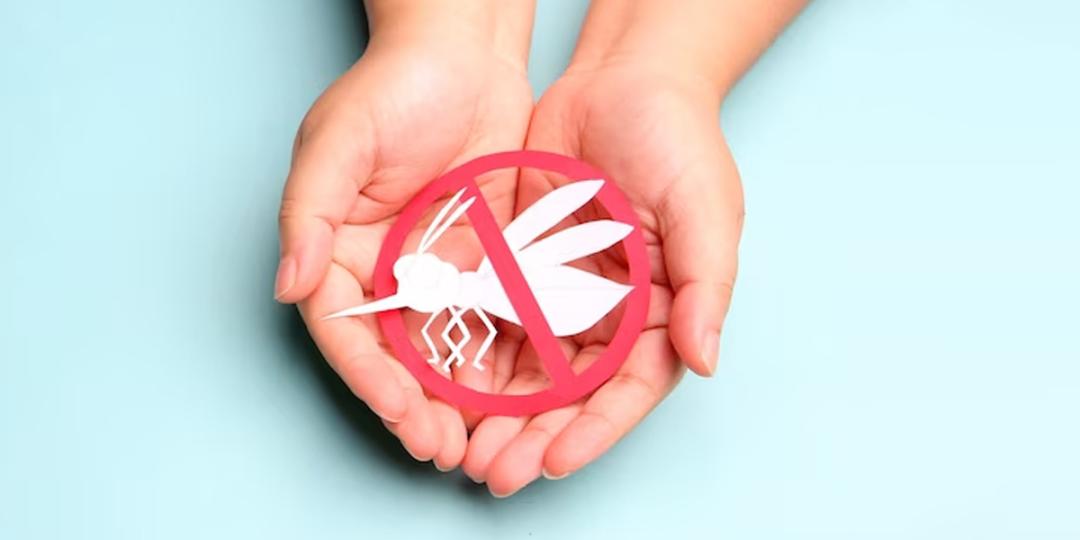A shortage of paediatric malaria prevention drugs for children is looming in South Africa in the short term and, although mitigation plans are in place, it is essential to highlight the prevention measures associated with the disease to protect all the parties involved.
Malaria is endemic in the Lowveld of Mpumalanga and Limpopo, including the Kruger National Park and private game reserves.
Tourism Update spoke to Dr Pete Vincent from Tokai Medicross Netcare Travel Clinic and former President of the South African Society of Travel Medicine (SASTM), as well as pharmacist Joy Steenkamp of Medipost Pharmacy, to establish what the current situation is and what travellers of all ages can do to reduce the risk of contracting malaria.
Current situation
Both Steenkamp and Vincent have confirmed that there is a nationwide supply shortage of the paediatric form of atovaquone-proguanil for children.
Vincent said there is a stock out imminent at end of July of Paediatric Malanil manufactured by Acino Swiss. However, Netcare via the SASTM and South African Malaria Elimination Committee has engaged with AcinoSwiss to try and find a solution.
“The situation is achieving active attention at the highest level with the South African Health Products Regulatory Authority being engaged to fast track release of existing generics and new formulations. Potential solutions evolving are bringing to market generic tablets already registered in South Africa,” Vincent added.
Medipost is a national pharmacy delivering medication to more than 595 000 patients across South Africa. Steenkamp said, as far as possible, Medipost Pharmacy maintained adequate stock levels of chemoprophylactic options (medication for the purpose of preventing disease or infection) that are recommended in the Department of Health’s latest ‘Guidelines for the Treatment of Malaria in South Africa’.
“These include doxycycline and atovaquone-proguanil (adult strength), and they are available without a prescription when used for malaria prevention. If there are intermittent supply issues with certain manufacturers or suppliers, usually we are able to pre-empt any out-of-stock situations by ordering from an alternative manufacturer.
“Medipost Pharmacy’s procurement team actions manufacturer-issued notices of potential medication shortages appropriately to ensure uninterrupted medicine supply wherever possible. Our stock department also monitors stock usage history at all times, including seasonal usage, and is able to proactively manage stock supply,” said Steenkamp.
What can travellers do?
Vincent and Steenkamp advised travellers to firstly do a risk assessment of the destination, which also depends on rainfall seasons and length of stay.
“Travellers are also advised to check the World Health Organization’s website or their local travel clinic to determine if the area they intend to visit has significant risk of malaria transmission,” Steenkamp said.
High-risk groups, such as pregnant and breast-feeding women, children under the age of five, and immunocompromised individuals from whatever cause, must also be included in their risk assessment, Vincent added.
“All travellers must be aware that it is a mosquito-transmitted disease active between dusk and dawn. If you’re afraid, stay indoors,” Vincent said.
The following is a summary of the prevention measures for travellers to reduce the risk of contracting the disease provided by both Steenkamp and Vincent:
- Adhere to non-medication measures, such as wearing long-sleeved shirts, trousers and socks to avoid bites.
- Apply insect repellents containing 30% DEET. However, this must not be used on infants under two months. The repellent should be reapplied four-hourly to maintain effectiveness.
- Sleep under insecticide-treated bed nets.
- Spray inside the dwelling with aerosol insecticide for flying insects.
- Ceiling fans and air-conditioners are very effective in keeping mosquitos at bay.
- Spray clothes with a pyrethroid insecticide.
- Adventure travellers to Africa are advised to take rapid self-test kits and curative medication just in case.
Then, depending on the risk assessment of the area being visited, a decision can be taken on what anti-malarial agent for chemoprophylaxis can be used.
There are three recommended prophylactic regimens:
- Mefloquine – Take one week before travelling. Once weekly while in the area and weekly for four weeks after leaving the area. For children, Mefloquine can be used from three months of age.
- Doxycycline – Take 100mg daily. Start the day before travelling and daily while in the area. Continue daily for four weeks after leaving. Doxycycline can be taken by children older than eight years. Should travellers need to also apply sunscreen (doxycycline can cause photosensitivity making it easier for the skin to burn), it is advisable to first apply sunscreen and after that apply the insect repellent.
- Atovaquone-proguanil – Start day before. Daily while in the area and daily for seven days after departure. This is generally well tolerated and most frequently prescribed and has 95% effectiveness if combined with the personal protective measures as described. Should the paediatric form of atovaquone-proguanil be available, children from 11kg of weight can take this type of medicine. Children weighing over 40kg can take the adult strength atovaquone-proguanil.
It is important to note that if travellers become ill with fever, either while in the area or after departure, a malaria blood test to ensure they are not infected is advised.
It is also easy to treat on the first day of symptoms, requiring six Coartem tablets to be taken twice a day for three days, Vincent said.
“Once the Paediatric Malanil tablets are not available, the advice is for international travellers with small children to provide their medications with them, and our local population is strongly advised not to expose children under five years to the risk and to make use of all measures to avoid mosquito bites at all times and seek urgent medical attention for anyone with flu-like symptoms, namely fever, headache, cold shivers, nausea and vomiting, and joint pains,” Vincent concluded.























